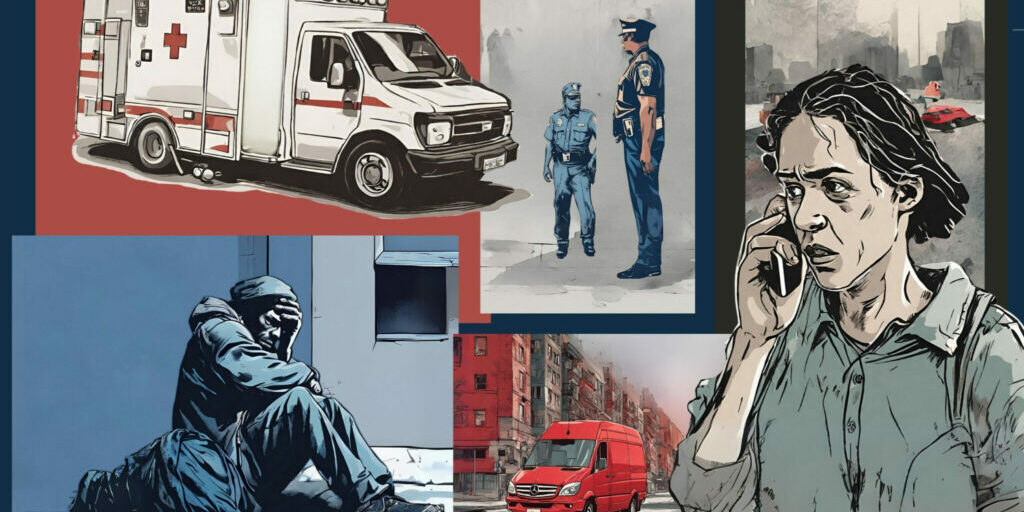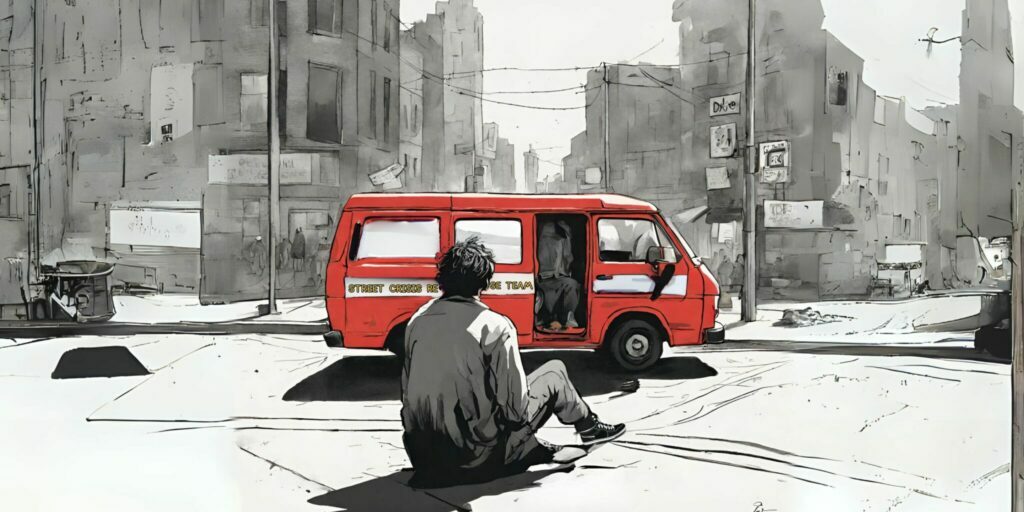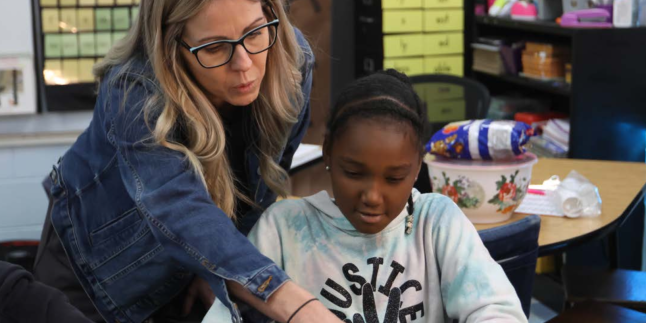©Shutterstock/GrAI
The numbers show that we’re in crisis...
in 5
U.S. Adults experience mental illness each year
million
More than half of U.S. adults with a mental illness don’t receive treatment—a number that has been on the rise since 2011.
in 10 people
who struggle with mental illnesses have no health insurance
%
of children experiencing major depression are not receiving care.
Though stigma still shrouds awareness of mental health issues, they are pervasive and have serious implications, putting people at high risk for suicide and crisis.








